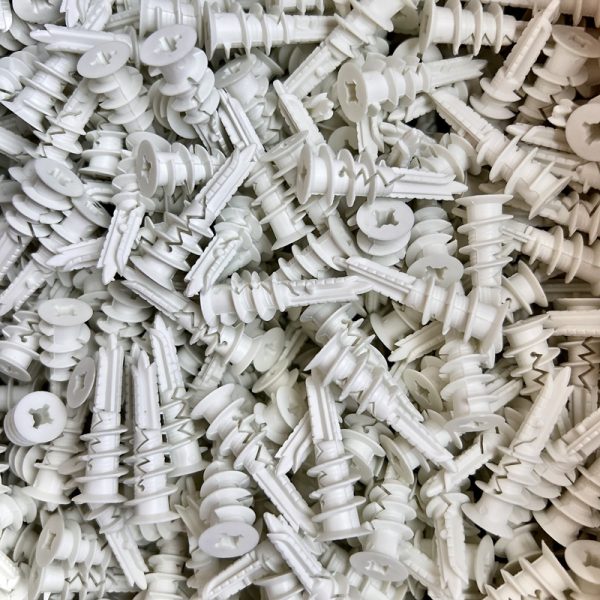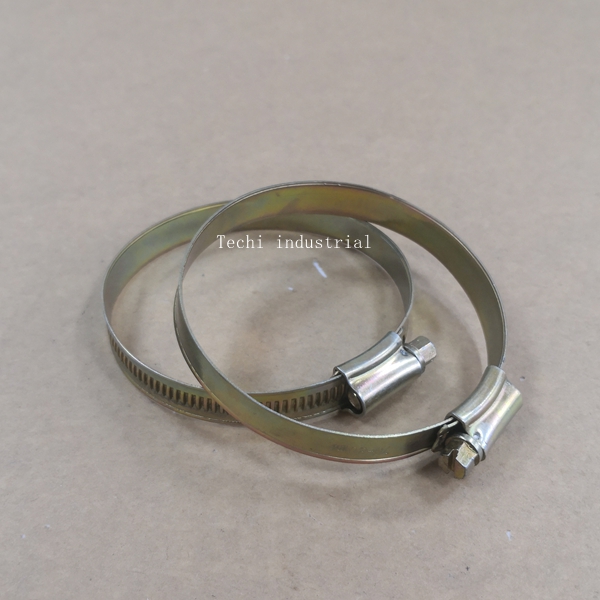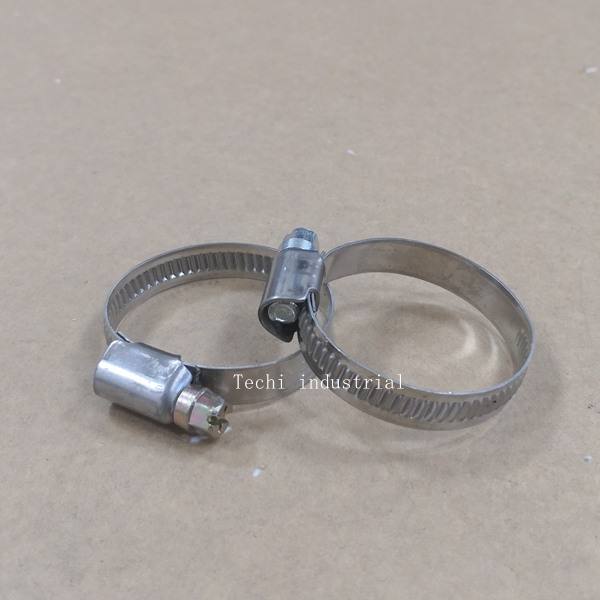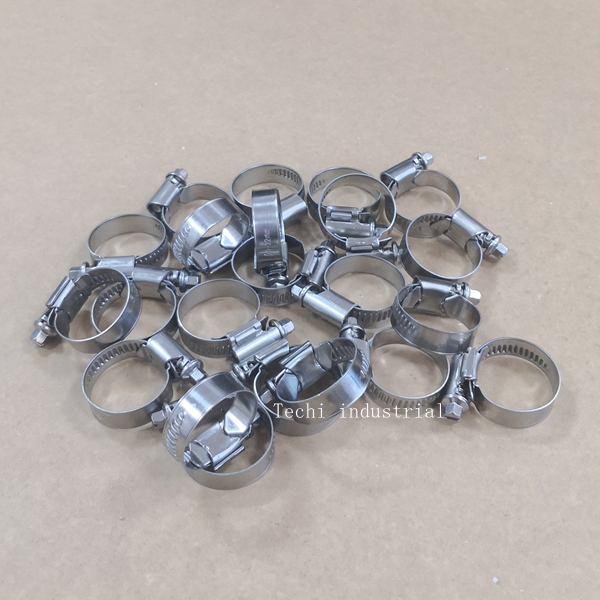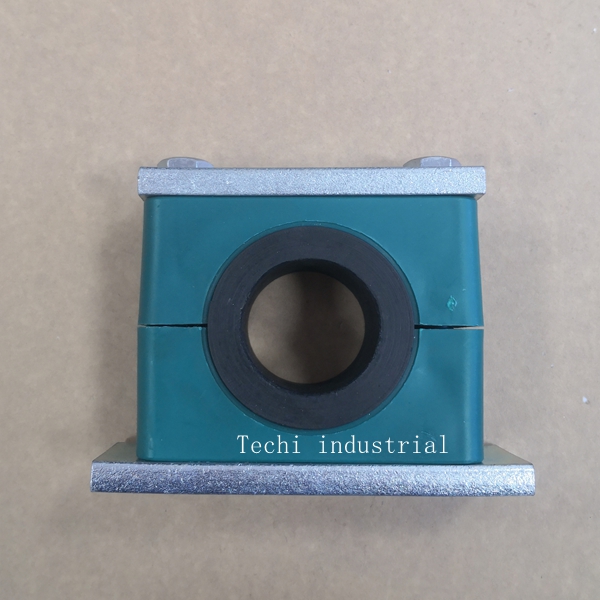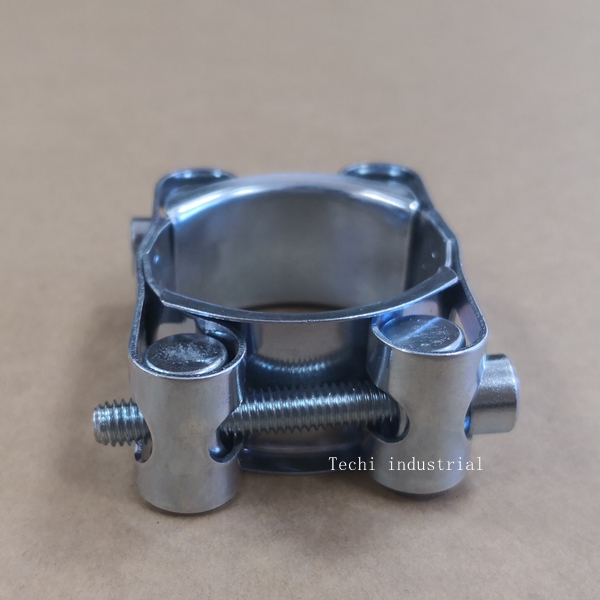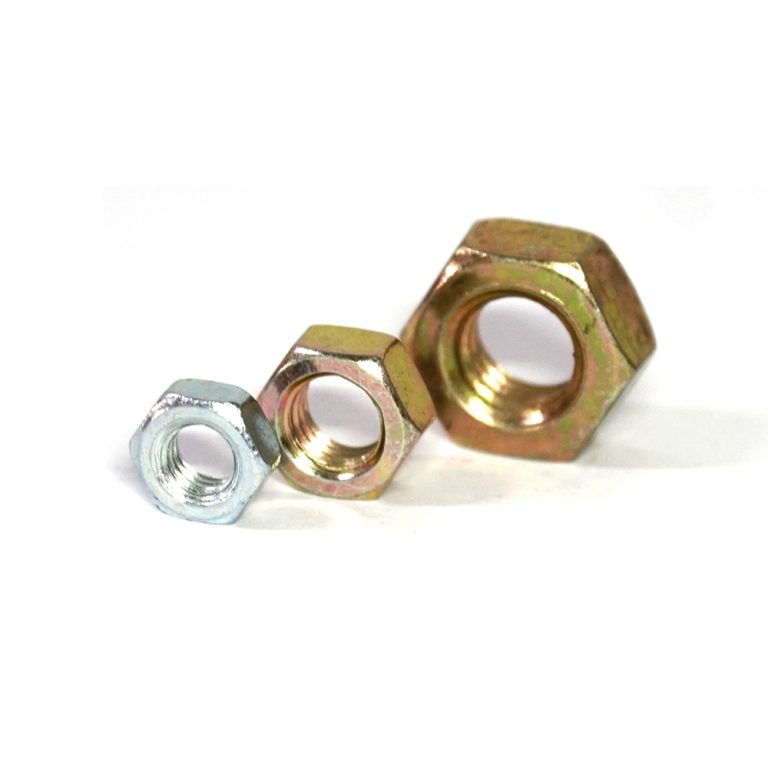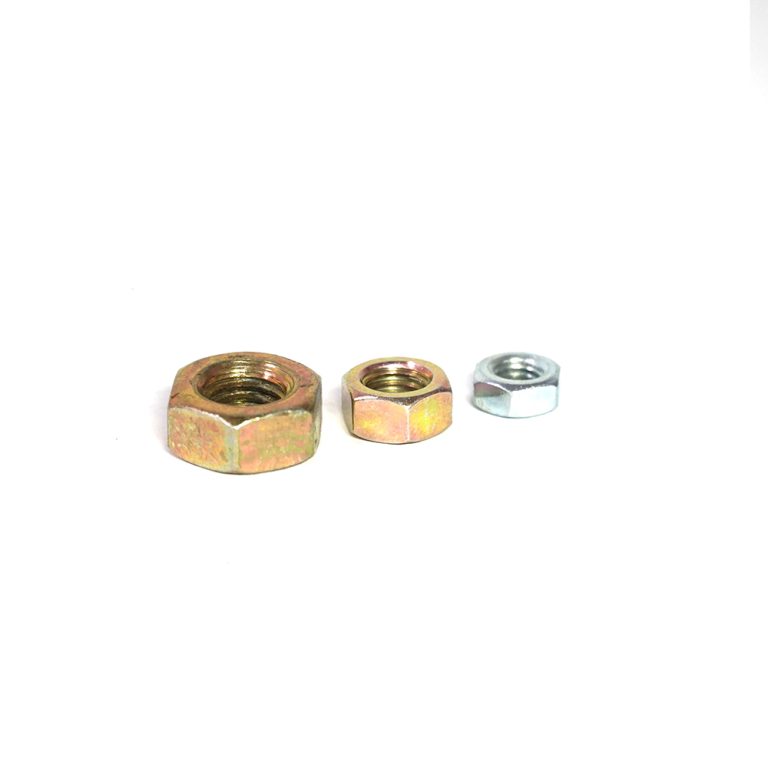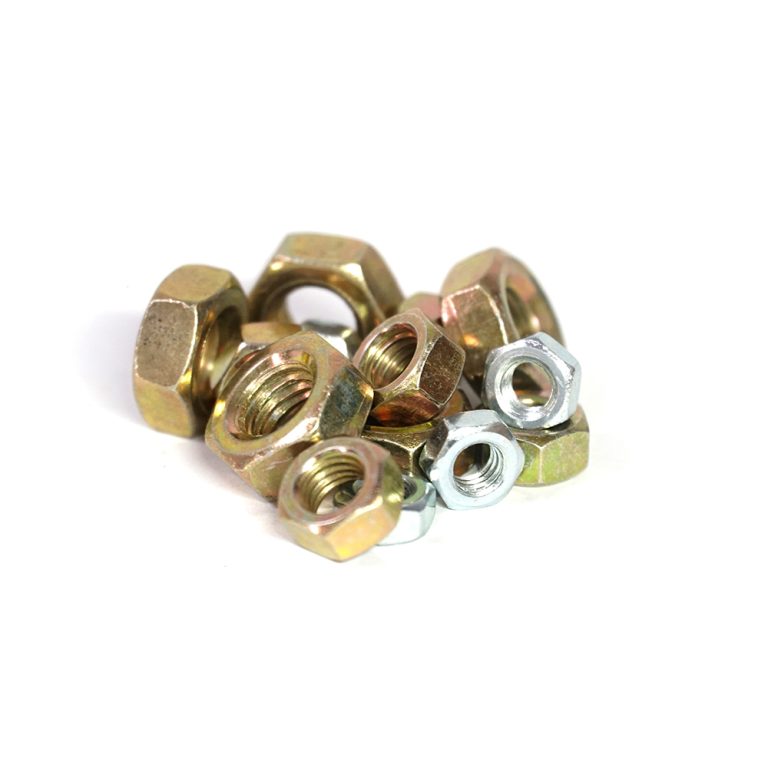Hex Nut
The Hex Nut (short for hexagonal nut) is a fundamental, industry-standard fastening component with a six-sided (hexagonal) body and internal machine threads. It is designed to mate with external-threaded bolts, screws, or studs, creating a secure, detachable joint by converting rotational force (from wrenches or socket tools) into clamping force—making it one of the most widely used nuts across all sectors.
• Core Design Traits:
◦ The hexagonal shape provides maximum contact with wrench/socket tools, enabling efficient torque application for tight fastening; it also prevents slipping during installation, even in confined spaces.
◦ Internal threads (available in coarse [UNC] or fine [UNF] pitches, metric or imperial sizes) are precision-machined to ensure a tight, stable fit with matching bolts, avoiding looseness under standard loads.
◦ It is a “basic” nut (no built-in flange or insert), so it is often paired with washers to distribute load or protect soft materials (e.g., plastic, wood) when needed.
• Common Materials & Finishes:
◦ Materials: Dominated by carbon steel (for general industrial strength, e.g., grade 4/5), stainless steel (304/316 grade, for corrosion resistance in humid/outdoor environments), and brass (for electrical applications, as it conducts electricity and resists rust).
◦ Finishes: Carbon steel variants typically have zinc plating (basic rust protection), hot-dip galvanizing (heavy-duty anti-corrosion for construction), or black oxide (wear resistance + matte aesthetics); stainless steel versions often use passivation to enhance anti-rust performance.
• Key Applications:
Essential in machinery manufacturing (e.g., engine components), construction (e.g., steel frames), automotive assembly (e.g., chassis parts), electrical equipment (e.g., junction boxes), and household items (e.g., furniture, appliances). It is the go-to nut for any scenario requiring a simple, reliable, and cost-effective fastening solution.
• Industry Standards:
Complies with global standards like DIN 934 (metric), ANSI/ASME B18.2.2 (imperial), and ISO 4032, ensuring consistent dimensions (thread size, body width, thickness) for universal compatibility with bolts from different manufacturers.


